Diagnostic Inventions - What is patentable after Prometheus?
When
April 17, 2013
Deirdre Sanders and Brian Moriarty, Principals at Hamilton Brook Smith Reynolds, presented on Wednesday, April 17, 2013 on "Diagnostic Inventions - What is patentable after Prometheus?" at 3:30pm at the Cambridge Innovation Center.
Come to this Massachusetts Association of Technology Transfer Offices (MATTO) seminar and learn about the new realities of patenting diagnostic inventions. We are continually asked to review diagnostic inventions to decide whether to file a patent application. The major question used to center around the commercial prospects of the invention - patentability was a more easily answered question about prior art and the novelty and nonobviousness of the invention. However, the patentability of diagnostic inventions has recently become an increasingly murky area of law. The cases Mayo v. Prometheus and Association of Molecular Pathology vs. Myriad Genetics, both recently decided by the Supreme Court and the Federal Circuit, have made patentability of claims to diagnostic inventions more difficult to ascertain. Some elements of diagnostic inventions are now considered "laws of nature" and, thus, not eligible for patent protection.
Deirdre and Brian will discuss the Prometheus and Myriad cases and other recent important cases in this area, and how they affect filing and claim language decisions from a practical point of view. They will provide typical types of diagnostic inventions and discuss how the new situation applies to each. You will learn what types of diagnostic invention subject matter is no longer patentable and how, in some cases, strategic claim drafting can increase the likelihood that diagnostic claims will be found patentable.





